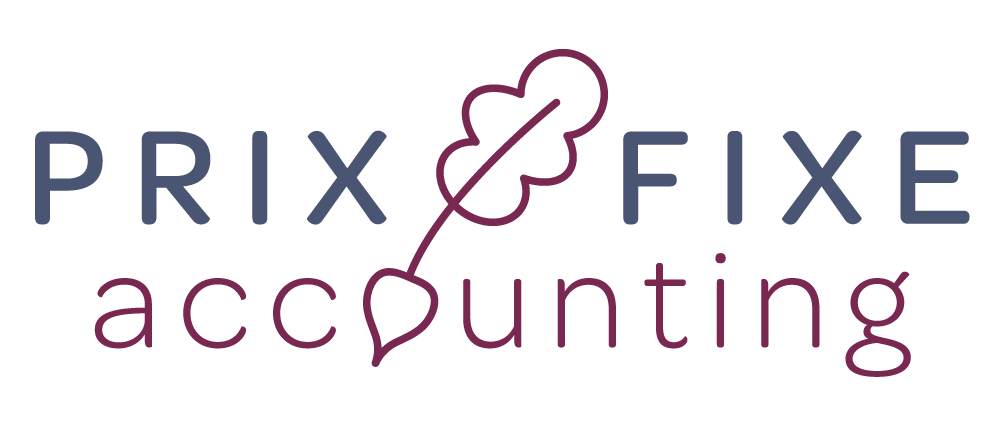Owning a restaurant comes with a host of responsibilities and financial obligations. Whether you're just starting out or are an experienced restaurateur, it's crucial to have a clear understanding of your expenses. Fortunately, managing these costs can be streamlined through effective restaurant accounting practices. Learn more about the top expenses you can deduct for your business.
Labor Expenses
Labor is one of the major expenses for every restaurant, costing as much as $2,000 for a new hire. Calculate the total labor cost of your restaurant by adding any bonuses, paid leaves, and overtime expenses over total employee salaries. A general rule of thumb is to keep labor expenses between 20-30% of your restaurant's revenue.
Reducing the number of employees or increasing menu prices are only short-term solutions. Instead, learn to manage labor costs by evaluating your total costs. Identify any unnecessary expenses. Using efficient restaurant layouts and equipment also helps.
Professional restaurant accounting services can help you manage your payrolls. In turn, you get to provide better benefits to your employees.
Cost of Goods Sold
The cost of food and beverages sold at your restaurant comes under goods sold. Ideally, this should be around one-third of your total revenue. Keep this in check by adopting methods like comparative shopping. You can also eliminate low-performing items on the menu. Changing your menu to include dishes with similar ingredients is another good idea.
Marketing Expenses
Your marketing strategy decides how well your restaurant performs. That's ever so important in the initial stages. Even established restaurants spend considerably to market any seasonal or festive promotions. As technology takes over, restaurants are willing to spend more on social media ads. Facebook and Twitter are popular platforms - don't ignore them.
Some restaurant owners also create their restaurant's website to increase their reach. If you want to do this, you will need to purchase a domain and sponsor the hosting. Also, consider additional expenses like advertisements to generate traffic.
Equipment Expenses
You will require equipment to store and serve food to customers. Depending on the type of restaurant, your equipment expenses will vary. For example, a fine dining restaurant will require good quality cutlery. Similarly, a buffet restaurant will require portable heating elements and other buffet-friendly equipment.
Building Expenses
Your building expenses will vary depending on whether you own or rent your restaurant. Renting a building can be more economical. However, keep in mind the additional costs such as redecorating and remodeling. Occasionally, you will incur other costs like season-specific decorations, expansions, maintenance, and repairs.
Other Expenses
Restaurants also need to spend on other technology expenses. This includes everything from online ordering to kitchen display systems. You also have to take care of legal costs, business strategy costs, and utility expenses.
Covid-19 has also impacted the hospitality industry. Many restaurant owners are finding it difficult to manage expenses. Pandemic norms mean lower table counts to enforce social distancing. It also means increased costs of sanitizers and disinfectants. In turn, it translates to a rise in maintenance costs.
The government has brought about many changes in the wake of the pandemic. Understanding those can help you manage your restaurant better.
Does managing the expenses look difficult? Hire a professional who specializes in restaurant accounting. They are better equipped at managing your accounts. Plus, they can help you identify challenges and opportunities in your business plans.

